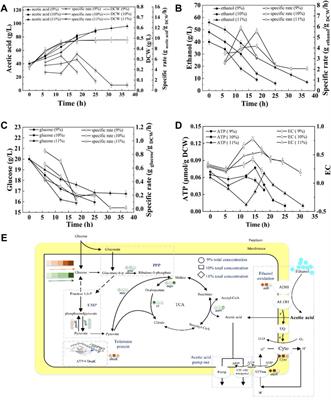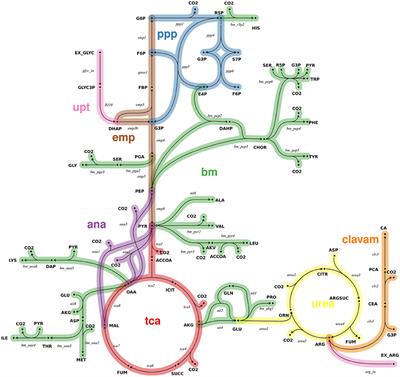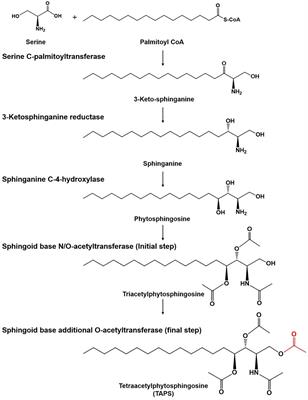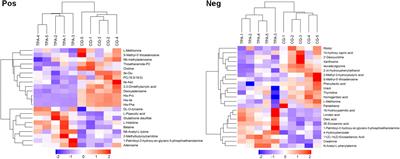ORIGINAL RESEARCH
Published on 08 Mar 2022
Improving the Acetic Acid Fermentation of Acetobacter pasteurianus by Enhancing the Energy Metabolism

doi 10.3389/fbioe.2022.815614
- 15,799 views
- 17 citations
5,122
Total downloads
27k
Total views and downloads
ORIGINAL RESEARCH
Published on 08 Mar 2022

ORIGINAL RESEARCH
Published on 22 Jun 2021

ORIGINAL RESEARCH
Published on 09 Jun 2021

ORIGINAL RESEARCH
Published on 02 Jun 2021
